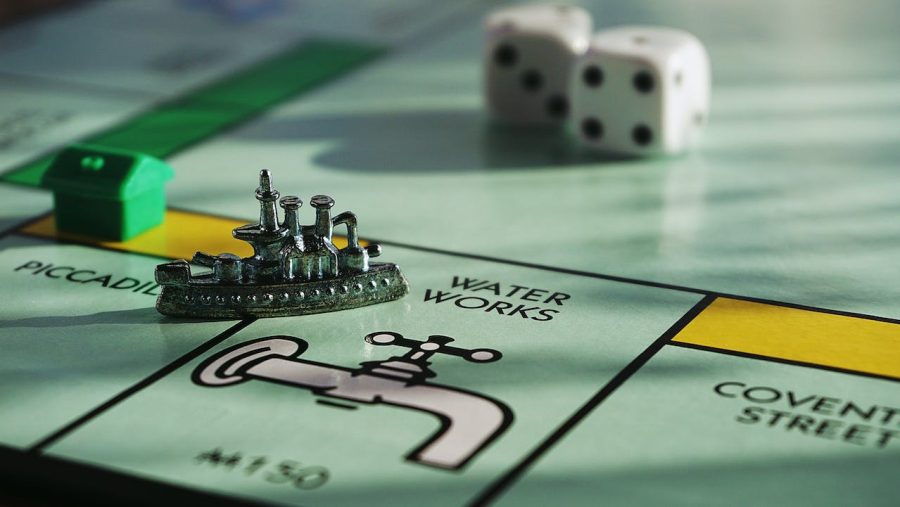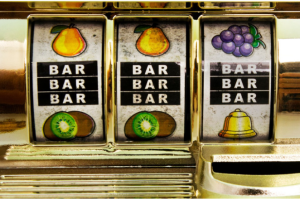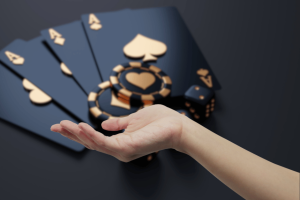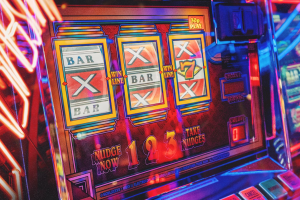Monopoly, which had its genesis a century ago in a game about tax, is arguably the biggest cause of household strife in human history. It’s a capitalism simulator, in which the winner is the meanest, the one that manages to bankrupt all their friends.
Millennial Monopoly
With somewhere between 300 and 7,000 variants, including reprints, special editions, and regional games, Monopoly is also one of the most adaptable board games out there. Millennial Monopoly tasks the player with collecting experiences rather than cash, for instance, while Casinopoly has a red and black die to simulate the roulette wheel. Hasbro’s grounds for divorce also recently made the leap to a traditional casino format. In 2019, developer Big Time Gaming introduced Monopoly Megaways, a slot machine with a real estate component.
Monopoly Megaways is joined on the Paddy Power website by Monopoly Travel World Tour, a slot that takes its cues from the physical variant of the same name. The latter version of Monopoly includes a T-Rex in a hat as a playing piece (and a rubber duck, a cat, and the classic Scotty dog).
For all the complexities of its line, though, Monopoly is a fairly straightforward – even predictable – game. This trait comes from the fact that the outcome is based on luck, meaning it’s possible to work out probabilities.
Advance to Mayfair
All games of chance have a natural, unavoidable bias. This is most visible in lotteries, which, over time, develop a set of most-drawn numbers. In the UK, this is 40, closely followed by 23, 27, 38, and 39.
Monopoly uses a pair of dice so players can roll any number between two and twelve. A bit of statistical analysis reveals that two dice have a 16.6% chance of throwing up a seven, a 13.9% chance of showing a 6 or an 8, an 11.1% shot at a 5 or a 9 – and so on.
A roll of 7 places the player on a Chance square, which isn’t exactly an ideal starting point. There’s a 1 in 16 chance of being sent straight directly to Jail from Chance card.
Similarly, the Advance to Mayfair card is either a boon, given that it places the player next to GO, or, in the late game, a disaster. Mayfair is the most expensive and coveted square on the board.

So, what about the heinous crimes Monopoly makes us do? Mathematically, the Jail and Go to Jail squares have the biggest influence over the outcome of the game, simply because players get stuck there.
Prisoners have a 42% chance of rolling out of jail within three turns, according to an extensive look at the game from Business Insider. The player then has a 16.6% chance of landing on Community Chest (a roll of 7), potentially making things much worse right before the mercy of GO.
Luck
So, how does all this help Monopoly players out? Well, unfortunately, it doesn’t. As mentioned, Monopoly is based on luck and all probabilities are worked out over thousands or millions of dice rolls. This is also how casino games represent their Return to Player value, i.e. how much of a wager you’re likely to get back over time.
Working out the numbers does pass the time during jail stays, however.






 Your total news and information resource for all things Science, Technology, Engineering / Mathematics, Art, and Medicine / Health.
Your total news and information resource for all things Science, Technology, Engineering / Mathematics, Art, and Medicine / Health.
Leave a Comment